Affordable Web Development & SEO Agency
15+ yr Experience. Web Design Agency. SEO. MVP Development
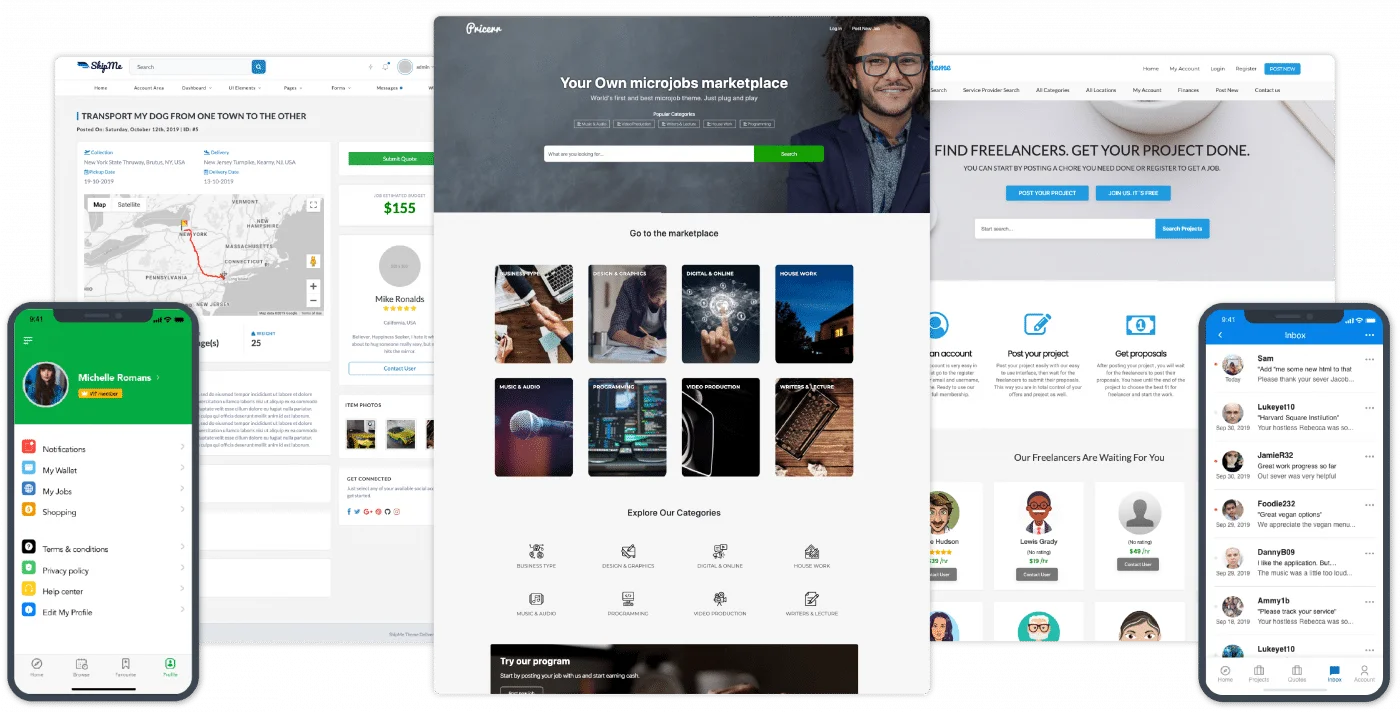

Over 35,832 happy customers! Doing this for more than 13 years now.
Our affordable website design company combines seo packages and web design so we can offer the best bundle for digital marketing.
We literally put you on page #1 on Google.
Whether you need a professional seo agency or services for local seo, our team offers the best SEO monthly packages.
Or if you have a wp site check out seo services for wordpress and our woocommerce seo services. And also we offer SEO Consulting services as well.
$499
Suitable for small businesses
$799
Medium Sized Sites
$1,299
Suitable for ecommerce
Our web design agency provides an affordable way to digital marketing for your small business. Not only that we offer the best web design, but we are obsessed by seo and website speed and together we achieve amazing results. Also our web design pricing is very affordable. So get in touch with us today.
Our team offers the best freelance wordpress developers out there, with prices starting from 50$/hr, we offer world class wordpress design and development services. Start any wordpress custom development with us and benefit of full time and live support through the whole project.

Launch your MVP within 15 days or less with our amazing service. Our developers will offer everything. Or try our design as a service subscription.
Need an experienced agency to build your ecommerce website ? Hire our services and develop with the pros.






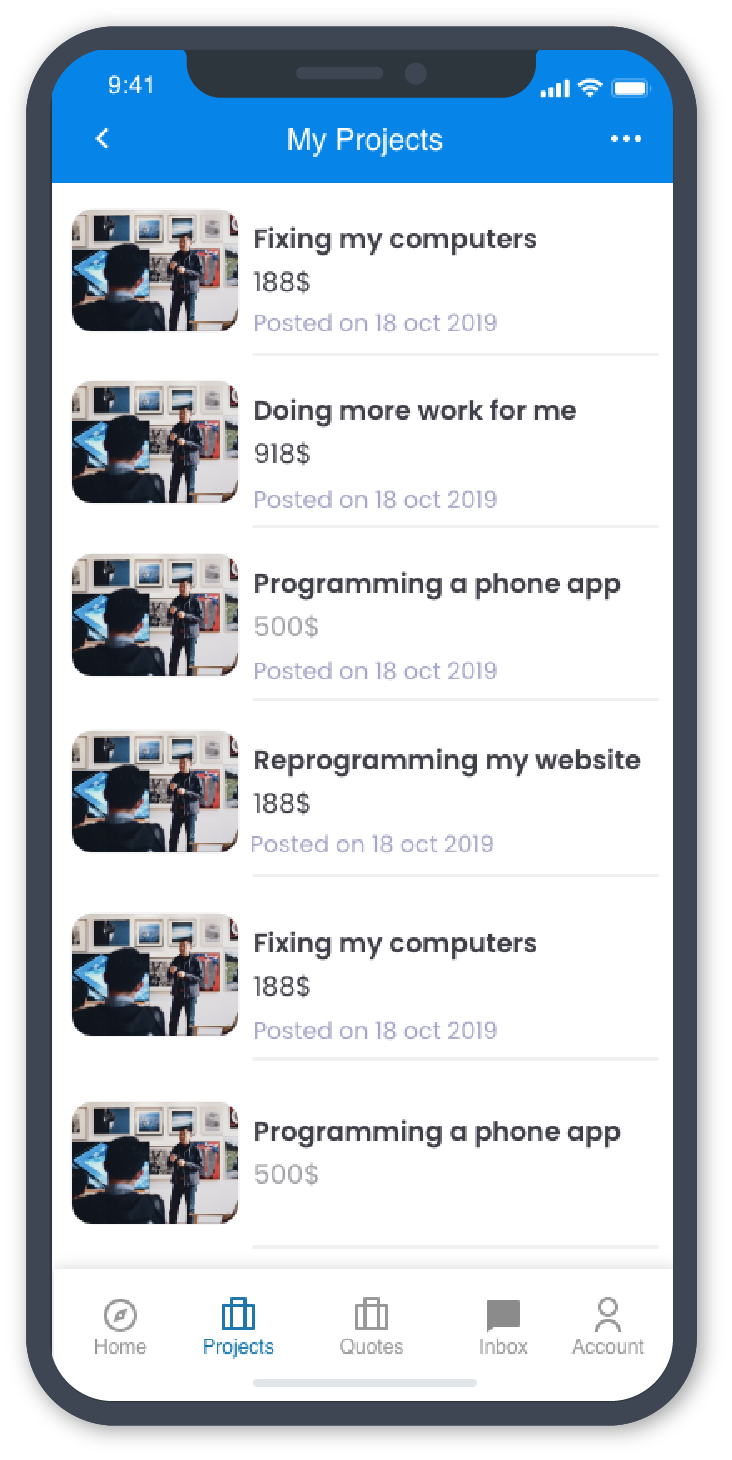
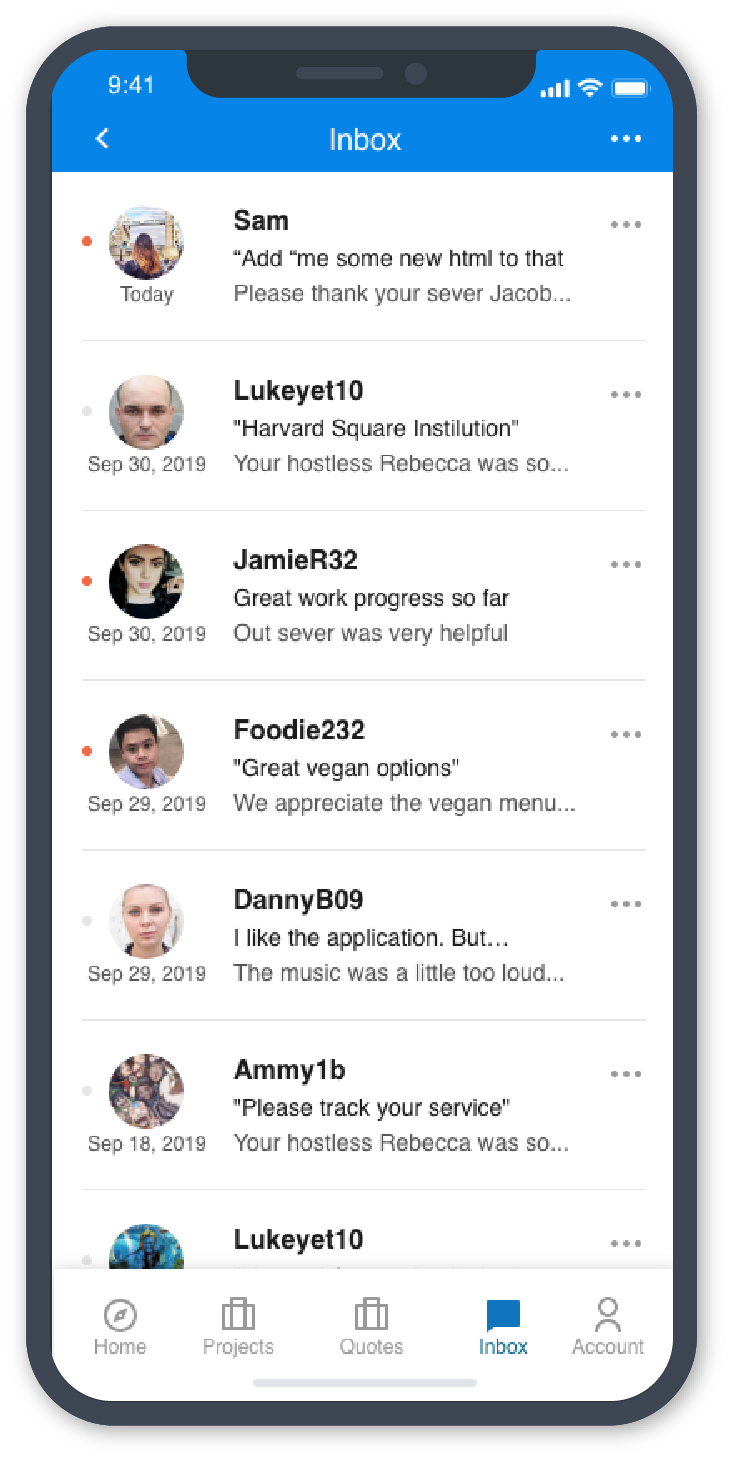
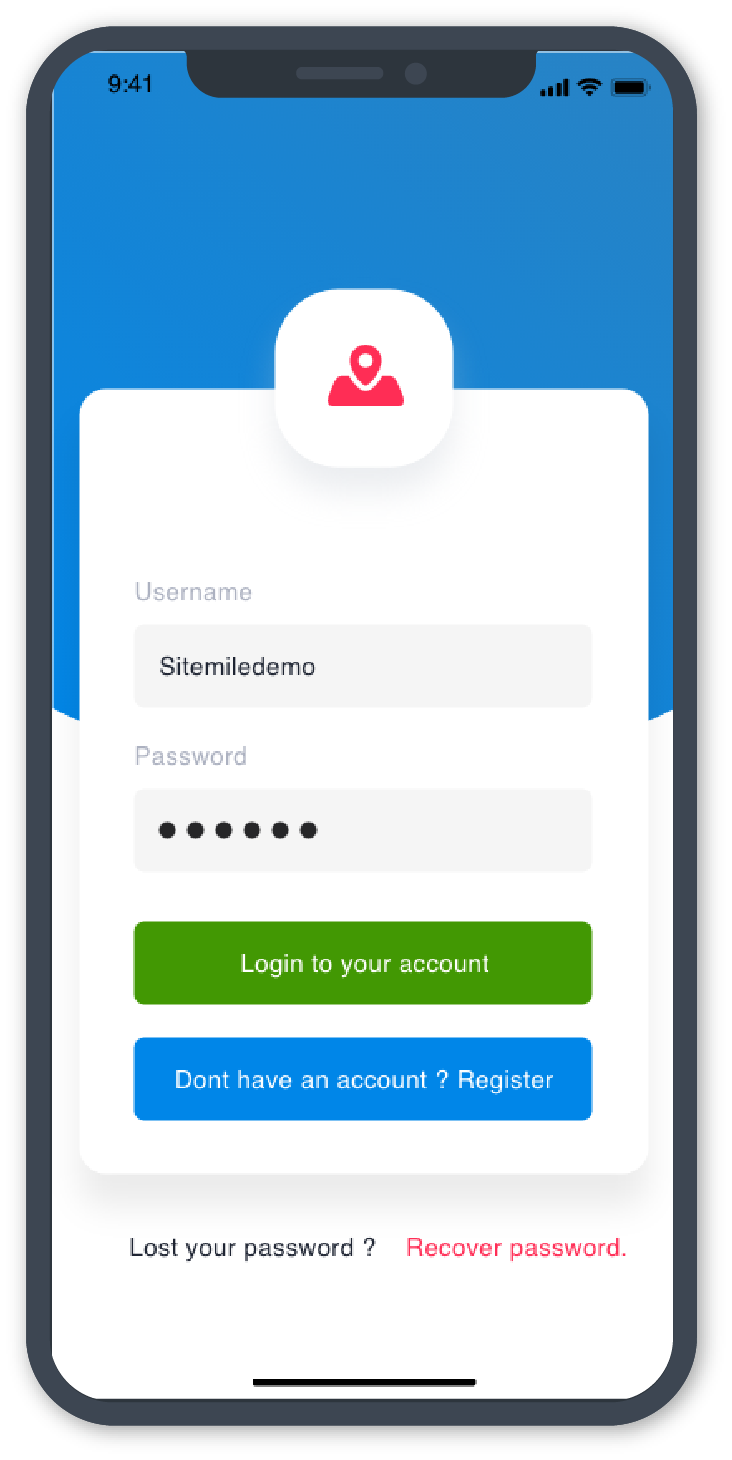
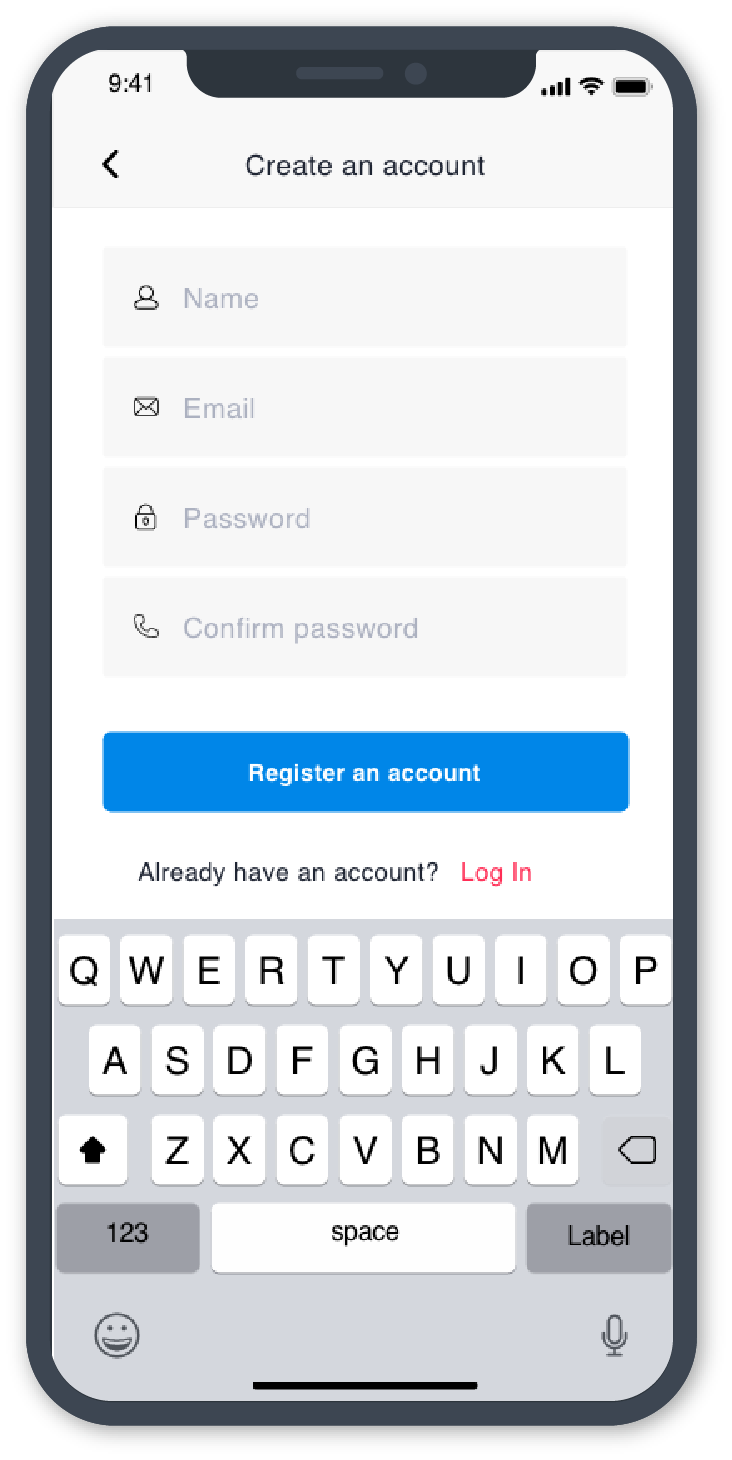
You can return the theme within 7 days, no questions asked. You can test a lot in 7 days. Pretty cool!
Usually we launch an update each month, or every 2 weeks if we have to. We can assure you we keep up to date.
Forums, email tickets and even live chat support. We also can provide whatsapp and other means.
Our themes are totally responsive and show well on all devides, tablets, phones, laptops, big screen TVs.
We can offer native apps too for iOS and Android. We provide all these within Entrepreneur packages.
If you need a custom version or changes implemented to our themes, we can do a great job on this area.
Beautiful clean code, and non encrypted lets you easily modify and enahance the features of our themes.
Our themes come packed with the most common and most popular features that a website should have.
We have all kinds of themes: classified ads theme, auction theme, car auctions theme, freelancer theme, microjobs theme, multi seller marketplace themes, ecommerce themes. We even offer woocommerce custom support.
Obtain fast wordpress websites with our lightweight plugin. Wether you are an agency handling 500 websites or you are just an individual, the wordpress cache plugin we offer is the perfect fit.

Posted by Andrei Saioc

Posted by Andrei Saioc

Posted by Andrei Saioc

Posted by Andrei Saioc
If you have a web development project, an app, or a website to build, we are the pefect solution for your. Our web developers, graphic designers, seo specialists, digital marketers are here to help you. We can be your bespoke software development agency because we are one of the best web development agencies. You can either pay fixed fee for a site, or hire as a design subscription as we offer frontend as a service. Get the best web development services company with us.
Our development team will develop your car rental platform, and we can customise every aspect of it. Prices starting from $5,999 when developing your car rental software platform with us. So start with the best car rental software development team.
Get the best custom website service for wordpress. Because we have the best team to tackle any custom project. Our developers have over 12 years of experience when working with custom theme and plugin development. Start any wordpress website with us, because we are the best wordpress development agency.
Develop and outsource your software development project with us. Wether is a web app, or a web portal, or an app our full stack developers are here.
We can develop any type of ecommerce and enterprise website. Scale and redesign your current website with us as well.
Build any type of website or web app with us. From reactjs to nodejs, to php, laravel, drupal, to angular or any popular front-end or back-end framework. Even frameworks like webflow, jamstack.
We also specialise in doing SEO and content strategy. Our digital agency will be able to increase your organic traffic and get you in first page of Google. Web design services London
We are so good ad developing mobile apps and our customers have businesses that are thriving. Get the best mobile apps developed with us.
Freelancer marketplace theme similar to upwork or freelancer websites. Launch your own freelancer directory site.
Launch a microjobs or services marketplace website with this theme. Supports digital downloads as well. Fully featured.
Launch a classified ads website or a directory listing website. Can be for anything, like real estate, ads, cars, or anything you can think of.
Launch your own auction website, either post your own auction lots or have a multi seller auction website. Plug and play.
Get the best wp auction plugin on the market, and launch your own auction website, multi vendor marketplace fully featured.
Launch your own business listing website with the best wordpress directory theme and plugin.
With this theme you can launch your own uShip type of website where transporters and customers meet.
With this theme and plugin you can launch your own job board for various niches. Candidates and eployers with dashboards.
35.912 customers have purchased our amazing themes. Join our club membership today to have access to a ton of goodies.
Daca esti un client din Romania, si ai nevoie de dezvoltare aplicatii mobile ios sau android, atunci noi avem solutia. Compania noastra are birourile in Bucuresti, Romania, si putem colabora cu clienti din Romania (dar si din alte tari) pentru a creea cele mai bune aplicatii mobile. Daca esti interesat de dezvoltare aplicatii mobile, atunci nu ezita sa ne contactezi pe noi sau pe echipa AIO Software.